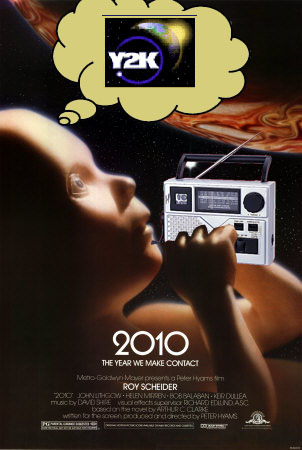One fine day in March of 1999, the Executive Director of the Pacifica Foundation’s five license network fired the general manager of its flagship listener supported radio station: KPFA-FM in Berkeley, California. When staff and subscribers revolted against the move, Pacifica shut the station down, triggering a march of 10,000 furious supporters through the city. Powered by the Internet and tired of top down decision making in public broadcasting, listener subscribers at Pacifica’s non-commercial outlets in New York, Los Angeles, Berkeley, Houston, and Washington, D.C. demanded the right to elect their local station boards.
Almost four years of lawsuits, demonstrations, sit-ins, shut-downs, and walk-outs later, they won, creating the most small-d democratic radio network in the United States. Every year thousands of KPFA, WBAI, KPFK, WPFW, and KPFT subscribers receive ballots in the mail for listener board delegates. Some of them even vote.
What was striking about the conflict was the extent to which it spread far beyond the frog pond atmosphere of community radio. The New York City Council and California’s state assembly held hearings on the battle. California’s Attorney General even endorsed a class action lawsuit against the Pacifica board, which was chaired by Mary Frances Berry, then head of the United States Civil Rights Commission. Hundreds of prominent activists, intellectuals, politicians, and artists signed statements on behalf of the rebellion, including Danny Glover, Ed Asner, Ralph Nader, Alice Walker, Noam Chomsky, and Joan Baez. And dozens of newspapers covered the conflict, among them the Washington Post, Los Angeles Times, and New York Times.
Not everybody is crazy about the results of this democratic revolution, which has done nothing to alleviate Pacifica’s famously contentious internal atmosphere. But it has redefined the possibilities for how to structure broadcasting in the U.S., and so it deserves a place in our list of significant radio trends of the decade.
Further reading: Uneasy Listening: Pacifica Radio’s Civil War



